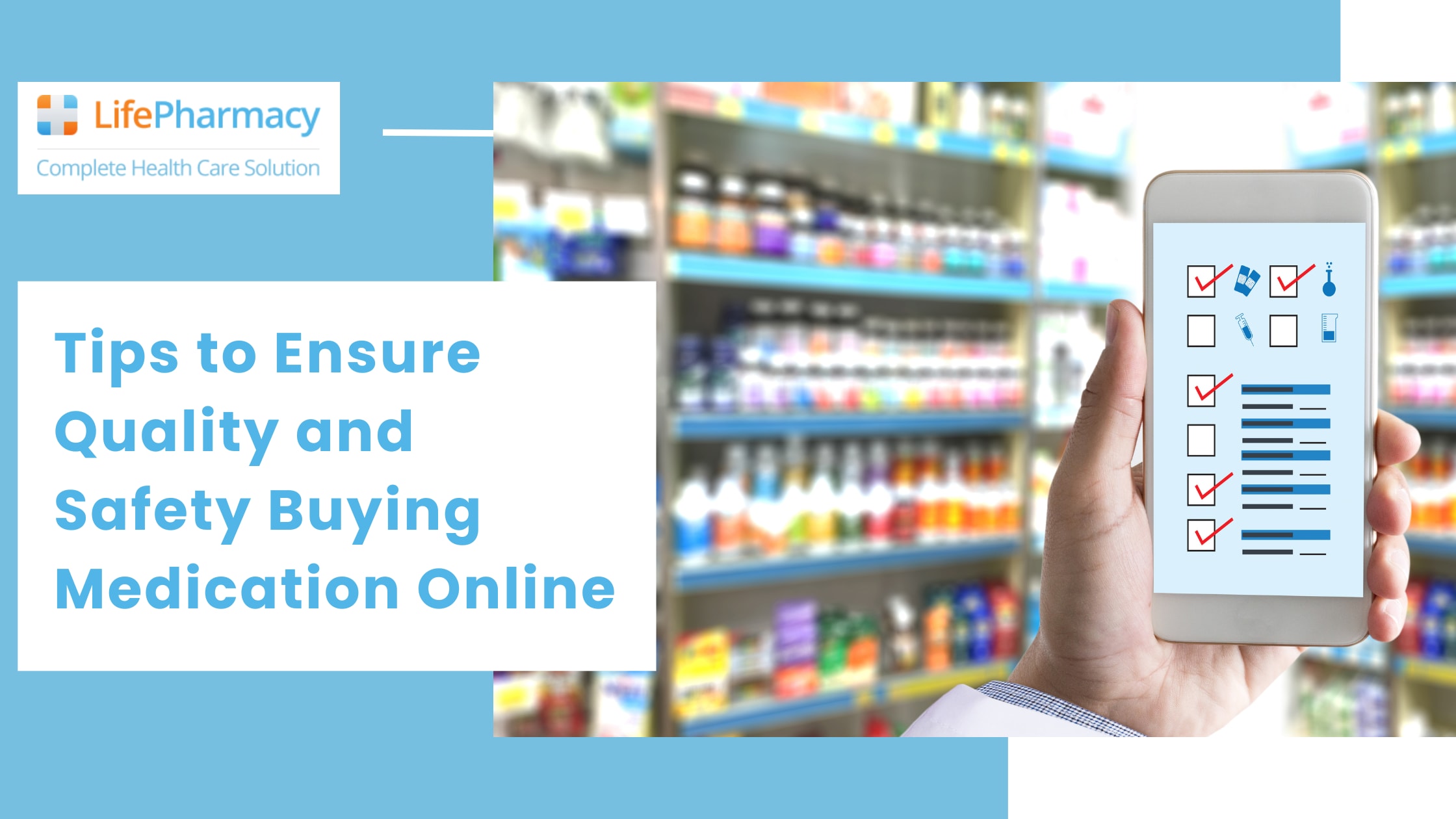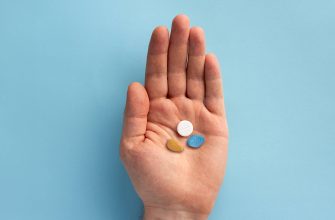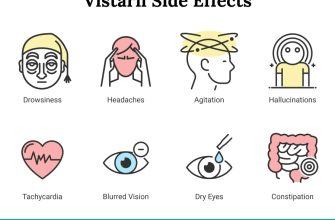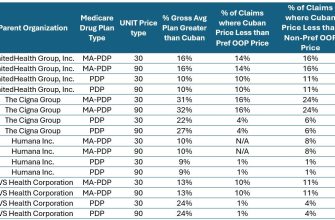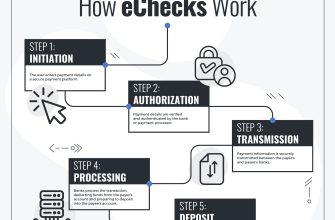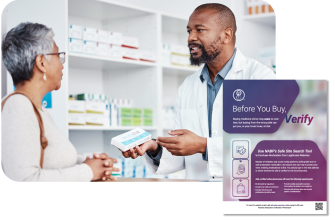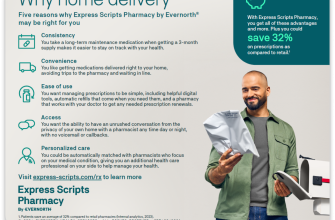Verify the pharmacy’s license and accreditation through your state’s board of pharmacy or a reputable organization like the National Association of Boards of Pharmacy (NABP). Look for a Verified Internet Pharmacy Practice Sites (VIPPS) accreditation seal – this signifies adherence to rigorous standards.
Securing Your Information
Always use secure websites (HTTPS) when providing personal information. Check for a padlock icon in your browser’s address bar. Avoid pharmacies that request payment via wire transfer or prepaid debit cards; these methods offer little buyer protection. Credit cards and PayPal provide better recourse in case of fraud.
Never share your personal information unless absolutely necessary. Review the pharmacy’s privacy policy to understand how they handle your data. Be cautious about pharmacies asking for excessive personal details.
Medication Verification and Dispensing
Legitimate online pharmacies require a valid prescription from a licensed physician. Upload a clear image or scan of your prescription. Verify that the pharmacy’s contact information, including address and phone number, is readily accessible and legitimate. Report any suspicious activity or discrepancies immediately to the authorities.
Prescription Drug Interactions and Side Effects
Before ordering, consult your physician or pharmacist about potential interactions with other medications you’re currently taking. Discuss any pre-existing medical conditions or allergies that could affect your treatment. Understand possible side effects and promptly report any unusual symptoms.

